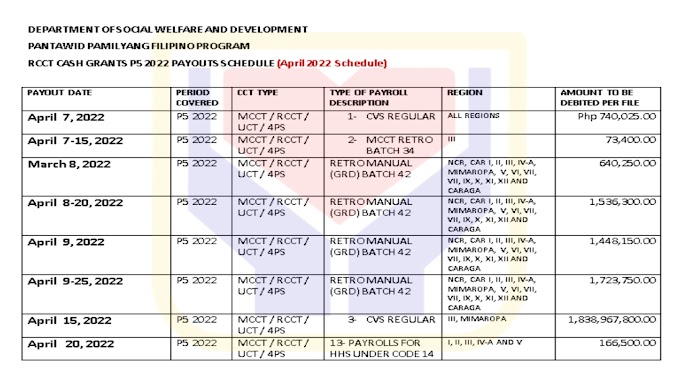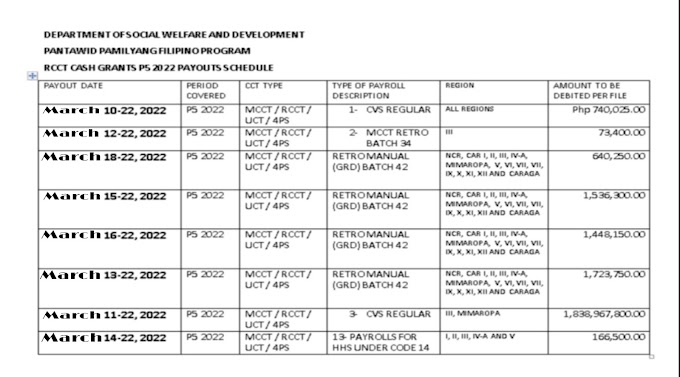PROGRAM DESCRIPTION
The Sustainable Livelihood Program (SLP) is a community-based capacity building program that seeks to improve the program participants’ socio-economic status.
SLP is implemented through a two-track program. The first track, the Microenterprise Development Track, supports micro-enterprises in becoming organizationally and economically viable. Meanwhile, the second track, the Employment Facilitation Track, assists participants to access appropriate employment opportunities.
Both tracks are executed based on the Community-Driven Enterprise Development (CDED) approach, which equips program participants to actively contribute to production and labor markets by looking at available resources and accessible markets. The CDED approach promotes the Local Economic Development (LED) strategy and Value Chain Production of each community.
LED, as defined by The World Bank, “offers local government, the private sector, the not-for-profit sectors and the local community the opportunity to work together to improve the local economy. It aims to enhance competitiveness and thus encourage sustainable growth that is inclusive…The purpose of local economic development (LED) is to build up the economic capacity of a local area to improve its economic future and to improve the quality of life for all. It is a process by which public, business and non-governmental sector partners work collectively to create better conditions for economic growth and employment generation.”2 Thus, the micro-enterprises and job matches to be developed under SLP shall be based on the LED strategy for each community. Consequently, SLP would require the various interventions by different partners inside and outside the government.
A value chain, on the other hand, is “a sequence of production, processing and marketing activities: products pass through all activities of the chain in a certain order and, with each activity, the product gains value. In a well-managed value chain, the value of the end-product is often greater than the sum of valued-added” (Porter, M. 1985).3 SLP endeavors to create and develop value chain productions for its program participants. Through SLP, the program participants’ community resources are transformed into products and services and linked to local and national markets through extensive networks of partnerships in both the public and private sector.
The Main Goal of CDED: The Intersection
The program participants undergo a broadening of their resource-base by mobilizing savings, accessing capital, engaging in microenterprise activities, participating in the value chain markets, and receiving institutional development support.
Appropriate training activities are provided to the participants for them to improve their existing micro-enterprises or pursue other enterprise activities with market opportunities. A follow through intervention is done by connecting them to non-government organizations and private sector groups that provide business development services such as: (i) product and marketing development, (ii) skills enhancement and business management in preparation for market integration, and (iii) diversified loan packages for further financial assistance.
Considering that not all poor households, including Pantawid Pamilya program participants are interested to engage in entrepreneurial activities, job opportunities are made accessible to the Sustainable Livelihood Program participants. The Employment Facilitation Track helps employable individuals’ access locally available jobs through public-private partnerships (PPP). This also includes skills enhancement and pre-employment training to adequately prepare the participants for employment. Continuous upgrading of technical skills is provided to the participants in order to equip them with the capacity to independently search for employment opportunities in the future.
Through the program, it is hoped that that enabling the participants to manage sustainable micro-enterprises or linking them to locally-available jobs will enhance their access to basic social services and improve their standard of living.
Objectives
General
To improve the socio-economic capacity of the participants through a micro-enterprise development and employment facilitation program that shall ultimately provide a sustainable income source
Specific
- To facilitate opportunities for micro-enterprise development through social preparation, capacity building and resource provision activities
- To facilitate the linkage to employment opportunities through social preparation, capacity building and labor-market networking
- To link the participants to support services and programs of different partners, including but not limited to NGAs, CSOs and private institutions
- To improve the beneficiaries’ capacity to avail of the products and services of different financing institutions, including but not limited to credit, savings and micro-insurance
- To promote community involvement and social responsibility among the participants through activities that builds their relationship their community, their co-participants, their families and themselves
Target Participants
The Sustainable Livelihood Program participants should meet the following requirements:
- Should belong to poor households as identified through the National Household Targeting System for Poverty Reduction (NHTS-PR), prioritizing Pantawid Pamilya program participants and other qualified poor households not included in the NHTS- PR
- Should at least be 18 years of age for the Employment Facilitation Track and at least 16 years of age for the Microenterprise Development Track after submission of a written consent from a legal parent or guardian
- For the Microenterprise Development Track, should be a beneficiary of DSWD’s social protection programs and services who has limited or no access to formal credit facilities (micro-financing institutions, banks, cooperatives, formal lending investors, pawnshops, and other formally registered credit entities)
- For the Employment Facilitation Track, should be a beneficiary of DSWD’s social protection programs and services with labor skills but with no formal employment or is unemployed
- Preferably be a beneficiary of the Pantawid Pamilya Pilipino Program for at least 2 years wherein the Social Welfare Indicators (SWI) show a readiness for engagement in livelihoods
Program Tracks
The program design has two tracks: the Microenterprise Development Track and the Employment Facilitation Track.
Track 1: Microenterprise Development
The Microenterprise Development Track is a capacity building program that focuses on micro-enterprise development, skills enhancement, networking and partnership building, and provision of capital assistance to poor families. The participants shall be organized by their economic or livelihood activity, depending on the local field implementer’s assessment of the most appropriate form.
Track 2: Employment Facilitation
The Employment Facilitation Track provides assistance to unemployed members of poor families preferring a job rather than start an enterprise for income generation. They shall be provided with technical skills training, occupational guidance and counseling, and job referrals or placement.
Given the necessary interventions identified for both tracks, the field implementers are expected to serve as process facilitators and partnership builders to generate and bridge opportunities for the program participants.
Operational Procedure










1 Comments
Sana isa po sa mapili single mom ng General Trias Cavite..
ReplyDelete